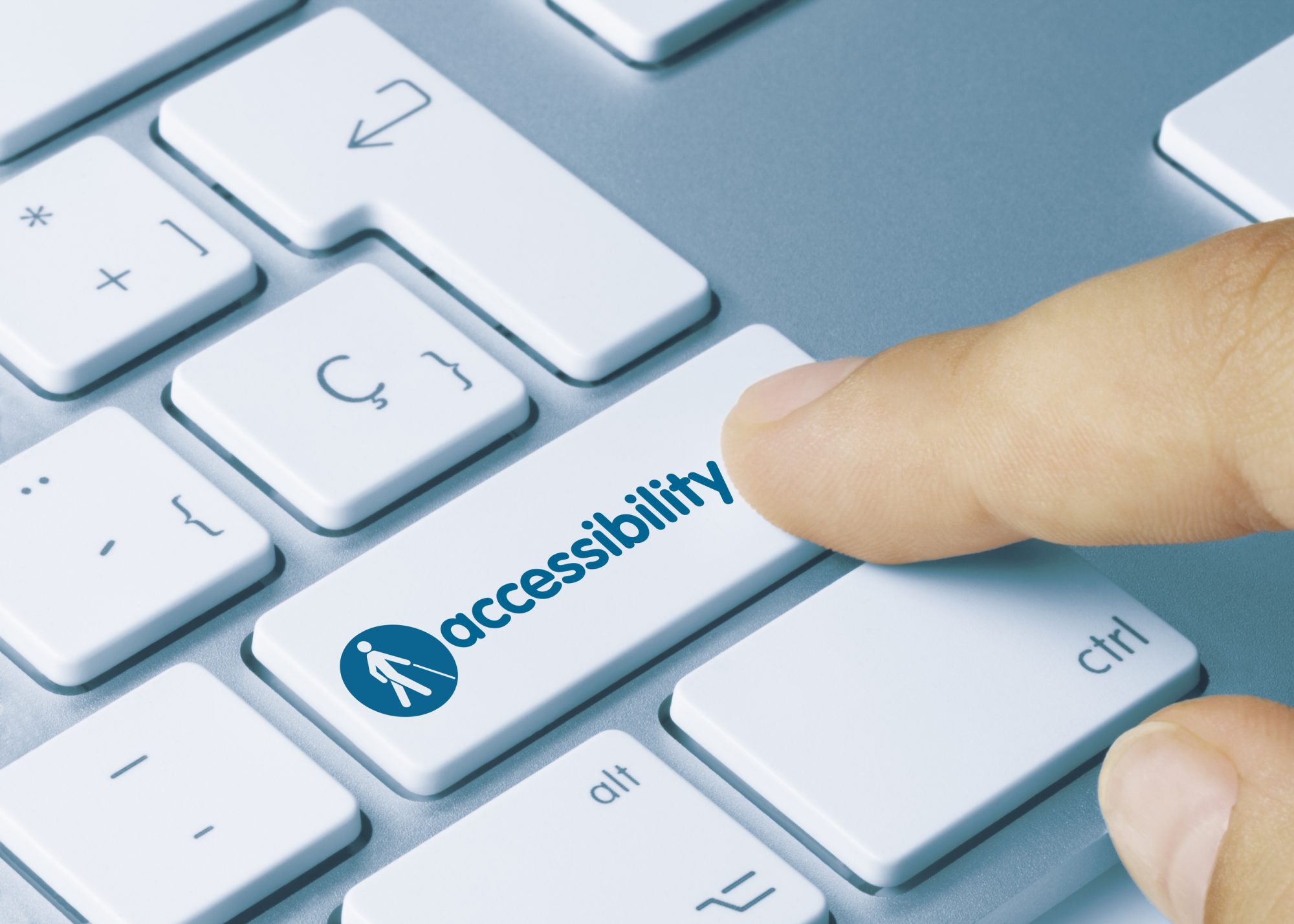
In the age of the internet, it is said that nothing is truly private. Your name, address, and phone number are all a simple Google search away from being accessed by anyone in the world.
Additionally, once something appears on the internet, it essentially exists forever. So, if you’re worried about your public information being too easily accessible, you’re not alone.
Unfortunately, many entities, both public and private, collect our personal information without our knowledge or consent. They also use it to market products and services to us or even sell the information to other companies.
Let’s take a look at how some entities use our information.
Social Media and Ads
Social media companies like Facebook and Twitter collect our personal information to show us ads that are tailored to our interests.
They do this by tracking the things we search for, click on, and share online. They also track our location, what devices we use, and even who our friends are.
This process is called targeted advertising, and it allows companies to show us ads that we’re more likely to click on.
While some people don’t mind this type of advertising, others find it intrusive and invasive.
What’s more, social media companies have been known to sell our personal information to other companies without our consent.
This means that our information could be used for things like credit and background checks, even if we’ve never given our permission for it to be used.
Potential Employers Might Background Check You
When you apply for a job, your potential employer might do a background check on you.
This means they could access your criminal record, credit history, and other public information about you.
While this might not seem like a big deal, it could mean that someone with a minor offense on their record has a harder time getting a job.
It could also mean that someone’s credit history is used against them, even if it has nothing to do with the job they’re applying for.
Your Information Could Be Sold Without Your Knowledge or Consent
Companies like Equifax and Experian collect our personal information and sell it to other companies.
This includes things like our social security number, date of birth, addresses, and credit history.
This information is then used for things like credit checks and background checks.
What’s more, these companies have been known to sell our information without our knowledge or consent.
This means that we have no way of knowing who has access to our information or how it’s being used.
How to Protect Yourself Online
There are several ways to protect yourself online.
Limit the Information You Share Online
One of the ways you can protect yourself is by limiting the amount of information you share online.
This includes things like your social security number, date of birth, and home address. Avoid sharing pictures that might reveal where you live, such as pictures of your home or school. Additionally, try to use a pseudonym instead of your real name when possible. The less of a footprint you leave online, the less information there is for someone to access.
Use Privacy Settings and Tools
Most social media platforms have privacy settings that allow you to control who can see your information. For example, on Facebook, you can choose to make your profile visible to only your friends or even make it completely private.
There are also tools that allow you to control what information is shared with advertisers. For example, on Google, you can go to your ad settings and opt-out of interest-based ads.
Be Wary of Who You Share Your Information With
It’s important to be careful about who you share your information with. This includes things like filling out forms online or giving your information to a company over the phone.
Before you share your information, make sure you understand how it will be used and who will have access to it.
If you’re not sure, don’t hesitate to ask questions.
Keep Your Information Secure
It’s important to keep your information secure. This means keeping your passwords safe and not sharing them with anyone.
You should also be careful about the websites you visit and the information you share on them. Make sure you’re on a secure website before entering any personal information.
You can tell if a website is secure if the URL starts with https:// and there is a lock icon next to it.
Additionally, avoid clicking on links in emails or text messages unless you’re sure they’re from a trusted source.
The Bottom Line
Our personal information is easily accessible online, which can be a good thing or a bad thing. On the one hand, it’s convenient to be able to access our information anytime, anywhere.
On the other hand, it also means that our information is more vulnerable to being accessed and used without our knowledge or consent.
By taking the above precautions, we can help ensure that our personal information is used in the way